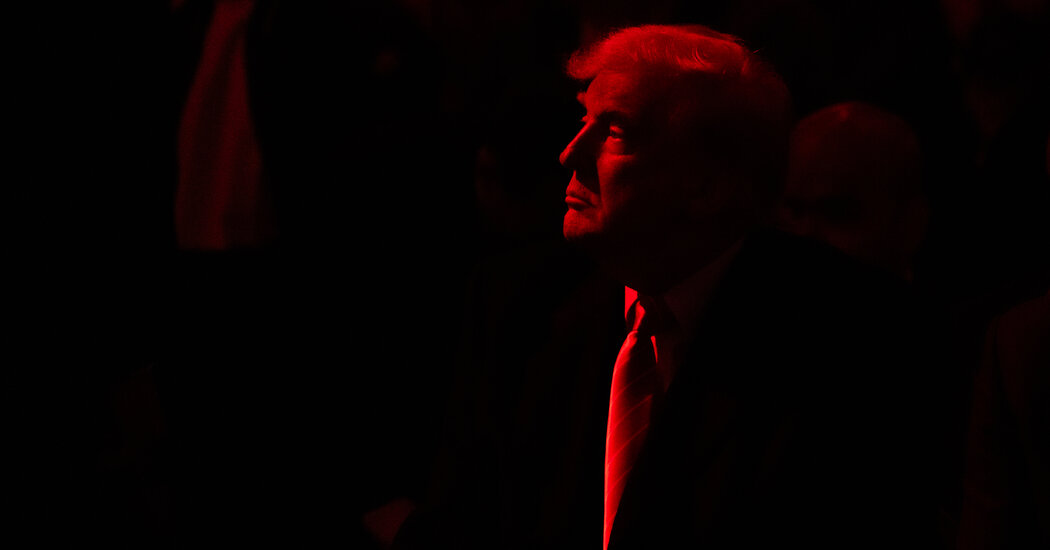Government Secrets in the Trump Administration: A Contradictory Landscape
When it comes to the Trump administration, the definition of government secrets seems to vary dramatically depending on the circumstances. For instance, a federal court recently sought details about a military flight transporting immigrants that landed several days ago, which was captured on video. However, the administration deemed that information too sensitive to disclose, even long after the event had passed.
In stark contrast, details surrounding an imminent military strike against adversaries were shared by the president’s top national security advisers through an unsecured group text chat. This disclosure was brushed off as unclassified, with officials suggesting it posed no breach of national security and was simply a minor issue.
This inconsistency raises a critical question: what truly constitutes an official secret in this era of Washington politics? The answer appears to hinge on who is making the request and who is providing the information. The juxtaposition of these two cases, both unfolding within the same week, highlights the situational nature of President Trump’s approach to governmental secrecy.
Moreover, it showcases Trump’s remarkable ability to reshape political narratives at will, often disregarding established facts or consistency. This is a president who has portrayed Canada and Europe as enemies rather than allies, rewritten historical narratives to assert that Ukraine instigated the war with Russia, and even sent lawyers to court arguing that Elon Musk is not actually in charge of the Department of Government Efficiency.
This pattern has become so normalized that the disparities in what is considered secret have played out with little acknowledgment of their contradictions. On one hand, the Trump administration invoked the so-called state secrets privilege to challenge a federal judge seeking to ascertain the legality of its no-hearing, no-due-process deportation practices. On the other hand, President Trump seemed unfazed by the alarming revelation of a planned attack on Houthi militants that was carelessly shared in a group chat, which included a journalist on the commercial messaging platform Signal.




